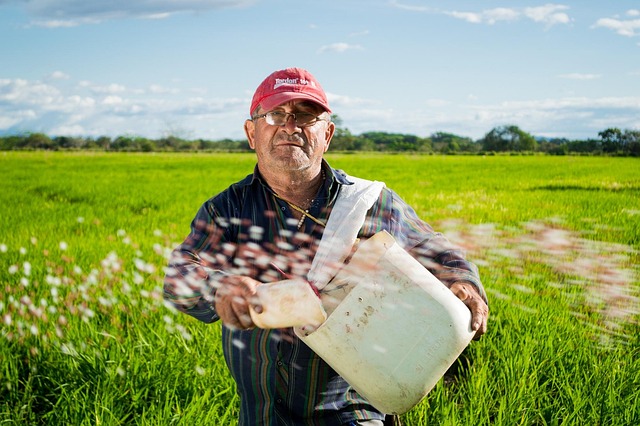In today’s fast-paced world, finding a little slice of tranquility can be a challenge. However, creating your own vegetable garden can serve as a perfect escape, allowing you to reconnect with nature while contributing positively to the environment. Not only does gardening provide an avenue for personal relaxation, but it also promotes sustainable living, making it a fulfilling endeavor on multiple levels.
Starting a vegetable garden offers many benefits, and embracing eco-friendly practices can amplify those rewards. Here are some essential tips to help you establish your green oasis:
1. Choose Native Plants
One of the most effective ways to ensure your vegetable garden thrives is to select plants that are native to your region. Native plants are well adapted to local conditions, requiring less water and fewer pesticides. By growing them, you’re supporting biodiversity and fostering a healthy ecosystem right in your backyard.
2. Composting
Composting is a cornerstone of eco-friendly gardening. By composting your kitchen scraps and yard waste, you can create nutrient-rich soil that not only nourishes your vegetables but also keeps waste out of landfills. Start a compost bin and watch how your organic waste transforms into “black gold” for your garden.
3. Water Wisely
Water conservation is crucial for maintaining an eco-friendly garden. Consider installing a rain barrel to collect rainwater, which can be used to irrigate your vegetable garden. Additionally, watering your plants during the early morning or late evening reduces evaporation, allowing your plants to absorb more moisture.
4. Organic Pest Control
Instead of resorting to chemical pesticides, explore organic pest control methods. Introducing beneficial insects, like ladybugs and lacewings, can help manage pests naturally. You can also create barriers with physical methods like row covers or use natural repellents made from garlic or soap.
5. Crop Rotation
Implementing crop rotation is an effective way to maintain soil health and reduce pest problems. By changing the types of vegetables planted in specific areas each season, you can prevent soil depletion and disrupt pest life cycles. This ancient practice is an eco-friendly strategy that contributes to the sustainability of your garden.
6. Embrace Companion Planting
Companion planting involves placing certain plants together to maximize their growth and deter pests. For example, planting marigolds near your vegetables can deter nematodes and other pests while enhancing the health of your garden. This natural technique not only improves yields but also fosters a vibrant ecosystem.
7. Mulching
Using organic mulch, such as straw or shredded leaves, helps retain soil moisture, suppress weeds, and add nutrients to the soil as it decomposes. Mulching is a simple yet effective way to promote healthier plant growth while reducing the need for excessive watering.
Starting your vegetable garden is not merely about growing your own food; it’s about embracing a lifestyle that honors the environment. As you nurture your garden, you’ll develop a greater understanding of the interconnectedness of nature and your role in it. So grab your gloves, dig into the earth, and transform your outdoor space into a thriving green sanctuary.




